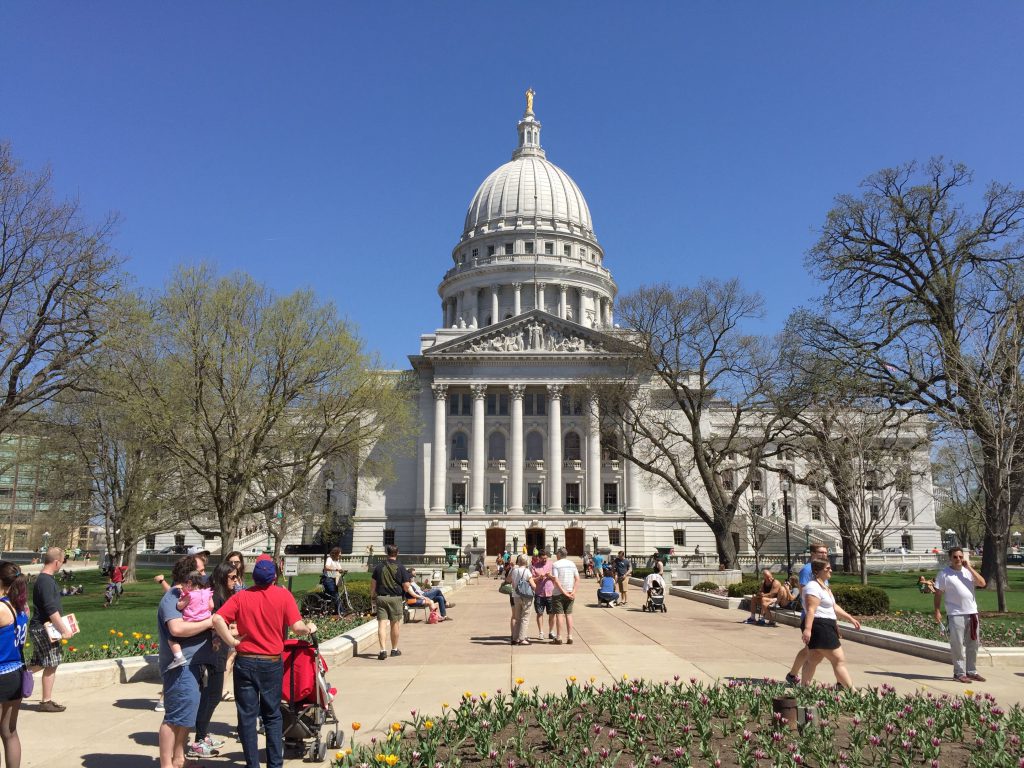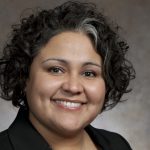Legislature Could Pass Several Budgets
Uncertainty over federal funds could make usual all-inclusive budget impossible.
The growing uncertainty over future federal funds — especially to pay Medicaid health-care bills and aid to Universities of Wisconsin campuses — could have legislators considering something that hasn’t been done in 30 years: passing separate budget bills authorizing spending for programs less at risk.
Why consider that budget-building approach? It would buy time to get better estimates of future federal aid for the most costly — and critical — other programs.
Doing that would upend the usual process. The Legislature’s 16-member Joint Finance Committee, which will begin making spending decisions in May, typically lumps all state spending into one massive two-year budget bill that then goes to the Senate and Assembly for passage.
Separate budget bills last happened in 1995. Then, an ugly impasse between Assembly and Senate leaders over how to pay for highways and other transportation programs prompted the Legislature to first pass a bill covering all non-transportation spending for 1995-1997 and later pass a bill funding transportation.
The 1995 dispute was over whether to raise vehicle registration fees or the gas tax, how much to borrow, and whether to use general-fund cash to pay for transportation programs.
Separate budget bills were also considered in 1989. Then, former Gov. Tommy Thompson asked the Legislature to pass three separate budget bills — one funding transportation, a second for natural resources programs, and a third for all other government programs.
Democrats in control of the Legislature ignored that request and rolled all spending into one 1989-1991 budget bill.
This year Republicans who control the Legislature, and Democratic Gov. Tony Evers, must consider potential major cuts in federal aid as President Donald Trump and Republicans who control Congress pledge to significantly cut federal spending.
Republicans in Congress, for example, are struggling with how to cut Medicaid and Medicare spending by $880 billion over the next 10 years.
Trump has said Medicare, which provides health care to those over 65, won’t be cut. But Medicaid pays for health care to more than one-in-four Wisconsin residents, including low-income adults, children, pregnant women, elderly adults, and people with disabilities.
In the two-year budget cycle ending on June 30, the state Department of Health Services (DHS) is scheduled to get $17.1 billion to pay those Medicaid bills — bills that will only grow over the next two years. One in five state workers in DHS are now paid with federal funds.
Cuts in federal aid to the Universities of Wisconsin are also likely. The UW system was budgeted to get $3.2 billion, which pays for one out of every seven system workers, in the current two-year state budget.
UW-Madison could be most hurt by cuts in federal research grants that totaled $816 million in 2023-2024.
Although the next state budget cycle starts July 1, Finance Committee members in June may still not have federal aid numbers they trust enough to build the 2025-2027 budget.
So, they could consider passing separate budget bills.
One could cover highways and transportation spending, since cuts in future federal cash do not seem to be as likely. Federal and state lawmakers, after all, love highways, bridges and other infrastructure projects.
A second budget bill could fund the Department of Corrections, since Evers has recommended closing the dangerously old Green Bay maximum-security prison, turning the Waupun maximum-security prison into a job-training center, building a new juvenile prison, and making major upgrades to facilities statewide. Republican legislators seem more willing to negotiate with Evers on prison reforms this year.
A third budget bill could cover health-care spending, after the Trump Administration and Republicans in Congress agree on which programs to cut and by how much. A fourth budget bill could cover education spending for both K-12 public and private schools and for the UW system.
Another spending bill, which could pass and be signed into law before July 1, could cover all other state government spending.
After the last two public hearings by the Joint Finance Committee — April 28 at Hayward High School and April 29 at Northcentral Technical College in Wausau — legislative leaders must decide whether uncertainties over future federal cash will change this budget process.
Should they consider separate budget bills, or signal that the budget won’t be done until after July 1? If there is no new budget by that date, state government spending continues at the old rate.
Sure, separate budget bills would break tradition. But this may be a “if fire, break glass” budget cycle.
Steven Walters started covering the Capitol in 1988. Contact him at stevenscotwalters@gmail.com.
If you think stories like this are important, become a member of Urban Milwaukee and help support real, independent journalism. Plus you get some cool added benefits.
The State of Politics
-
A Wisconsin Political Trivia Quiz
 Dec 15th, 2025 by Steven Walters
Dec 15th, 2025 by Steven Walters
-
The Fight Over Wisconsin’s House Districts
 Dec 8th, 2025 by Steven Walters
Dec 8th, 2025 by Steven Walters
-
The Battle Over On-Line Betting
 Nov 24th, 2025 by Steven Walters
Nov 24th, 2025 by Steven Walters






















